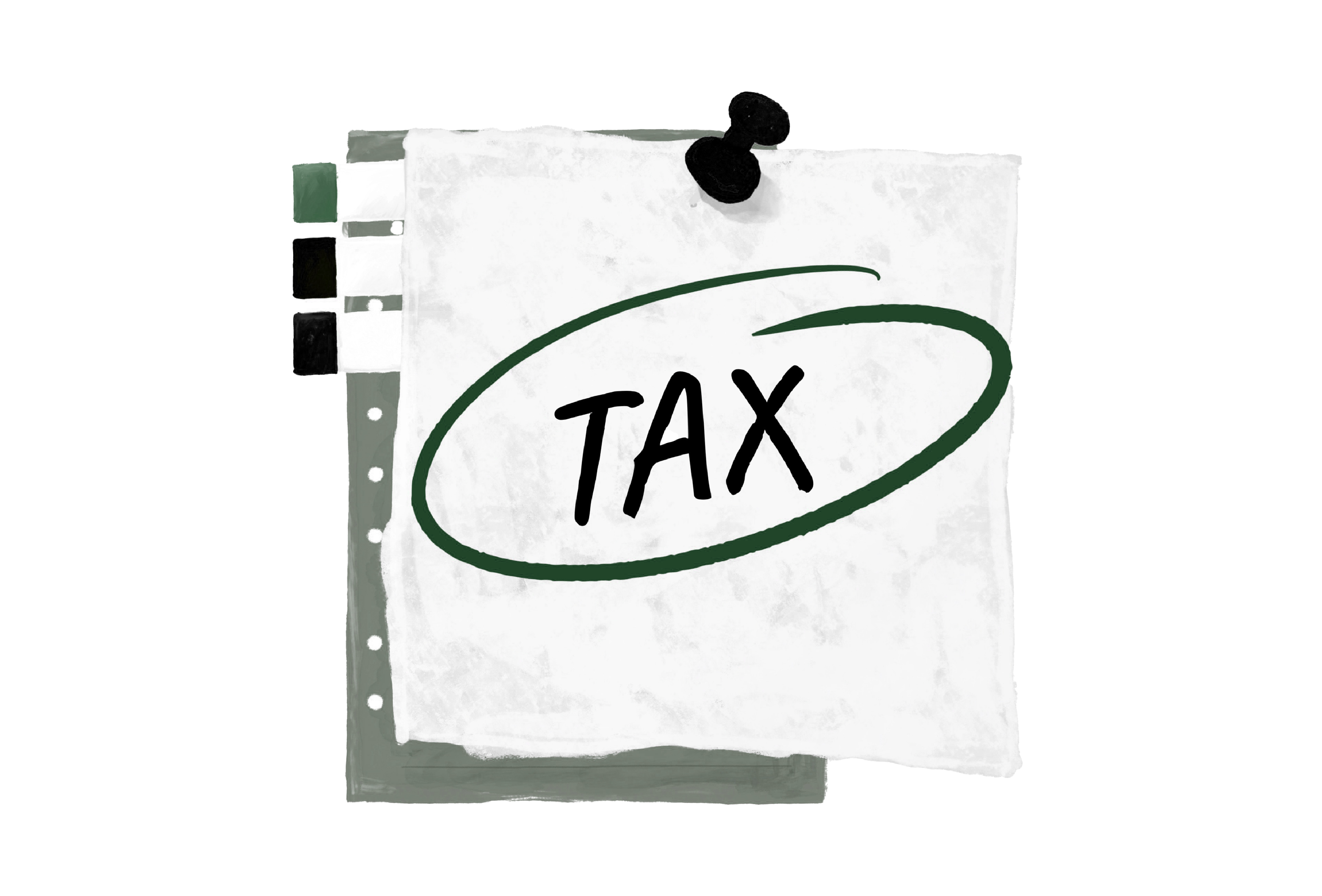Tax Compliance and Sales Tax

Introduction
Tax compliance is a fundamental component of a functioning economy, enabling governments to collect the necessary revenue for public services and infrastructure development. One particular aspect of taxation, known as "seals tax," plays a crucial role in ensuring the legitimacy and authenticity of various legal documents and transactions.
Understanding Tax Compliance
Tax compliance refers to the degree to which individuals, businesses, and organizations adhere to the tax laws and regulations set by the government. It encompasses the accurate reporting of income, assets, and liabilities, as well as the timely payment of taxes. Proper tax compliance ensures that the government has the resources needed to meet the needs of its citizens, from healthcare and education to infrastructure and defense.
Seals Tax
Seals tax, also known as stamp duty or stamp tax, is a specific type of taxation that involves imposing fees on the use of government-issued seals, stamps, or documents. These seals are often required for the validation of various legal and financial transactions, such as property deeds, business agreements, and official certifications.
1. Revenue Generation
Seals tax serves as a substantial source of revenue for governments. By taxing the use of official seals, governments can generate funds for various public projects, welfare programs, and administrative expenses.
2. Legitimacy and Authentication
The use of government seals signifies the authenticity and legality of documents and transactions. Seals tax ensures that individuals and entities are making their agreements and dealings in accordance with the law.
3. Preventing Tax Evasion
Seals tax payments are often directly linked to specific transactions, making it challenging for individuals or businesses to evade taxes. This reduces the likelihood of tax fraud and increases transparency.
4. Supporting Records
Seals tax collection involves proper record-keeping, which helps in maintaining transparency and accountability within the government's financial operations.
Conclusion
Tax compliance and seals tax are integral components of a well-functioning society. Tax compliance ensures governments have the resources needed to provide essential services, while seals tax safeguards the legality and authenticity of important documents and transactions. Understanding and adhering to these tax regulations is crucial for individuals and businesses to avoid legal consequences and contribute to the collective well-being of society.
